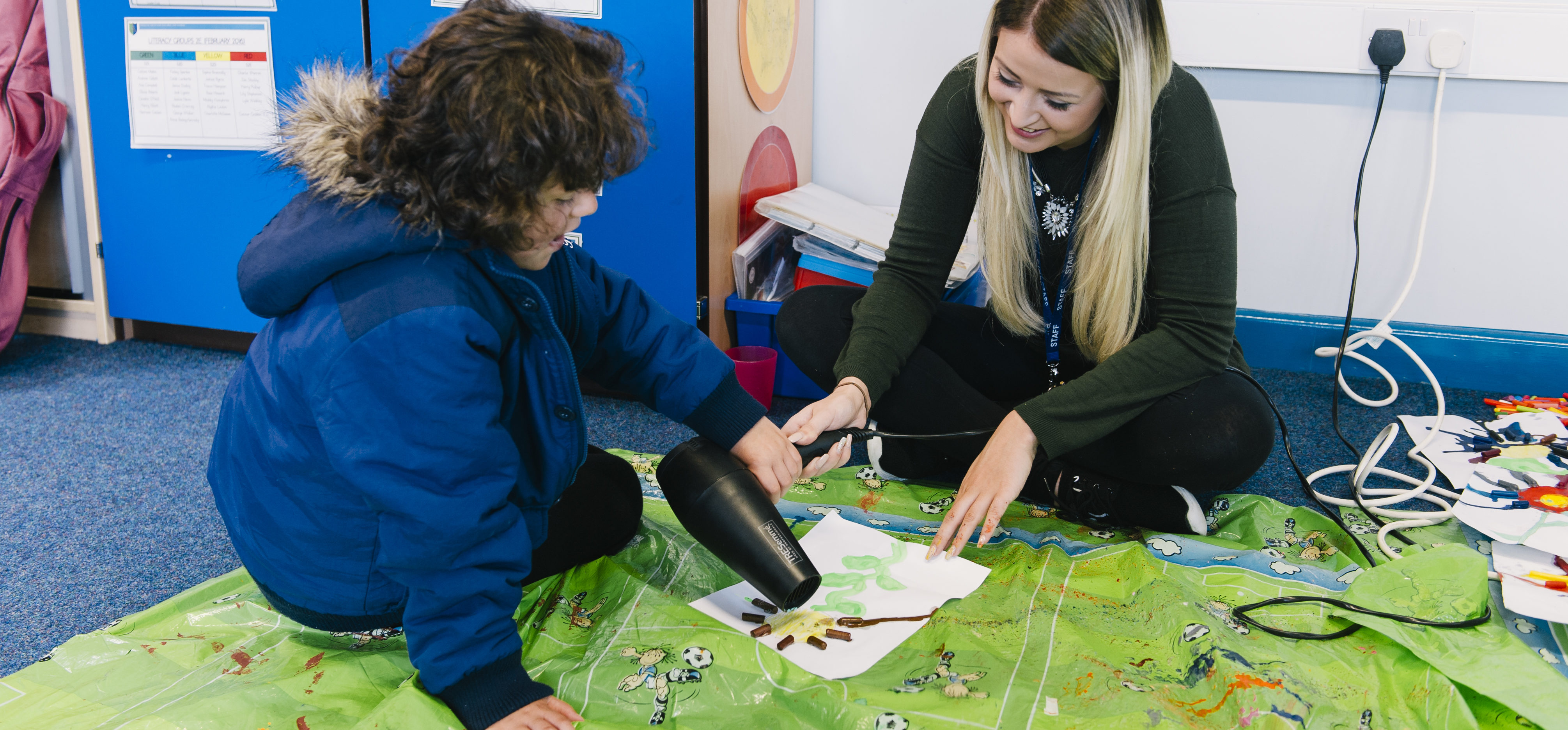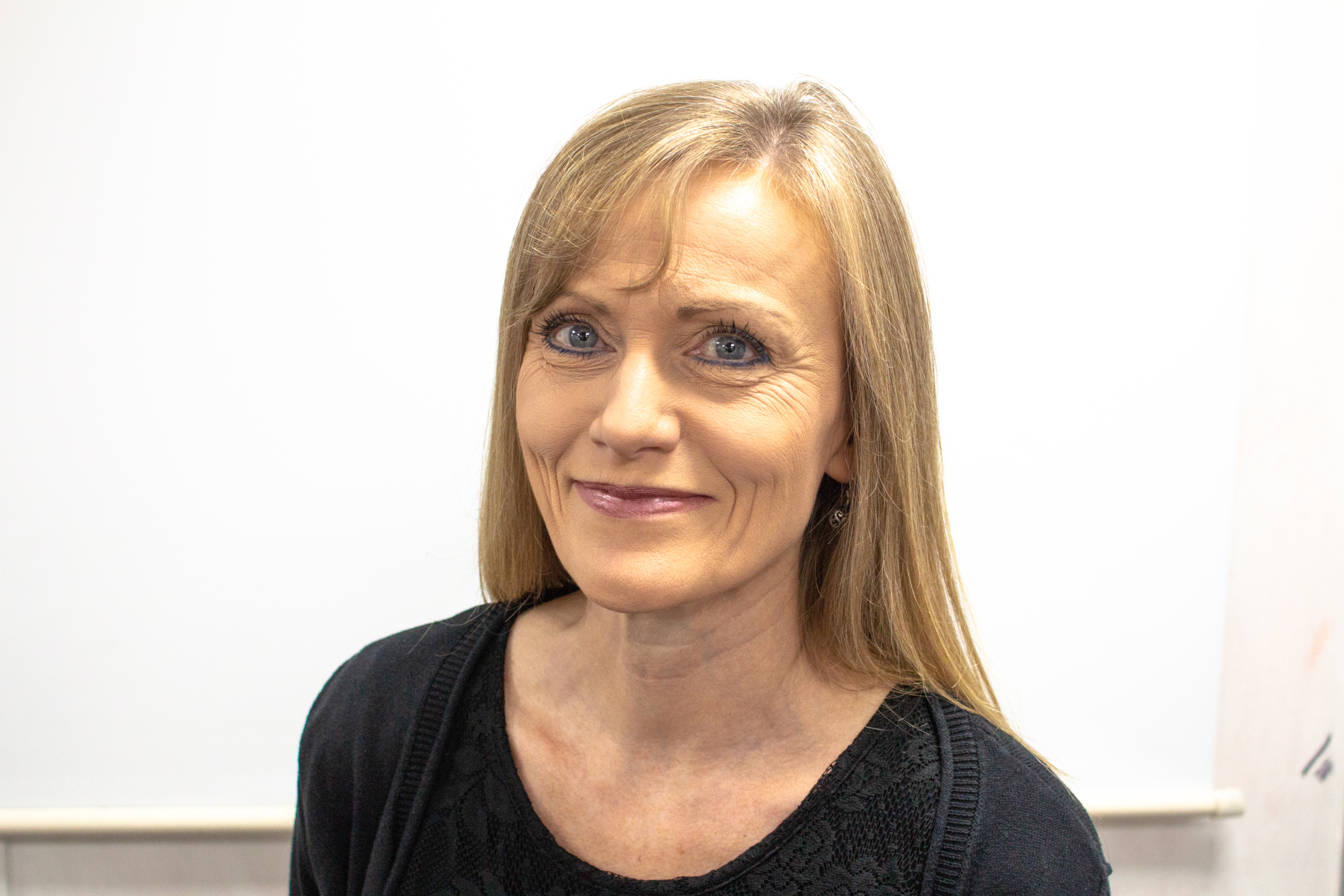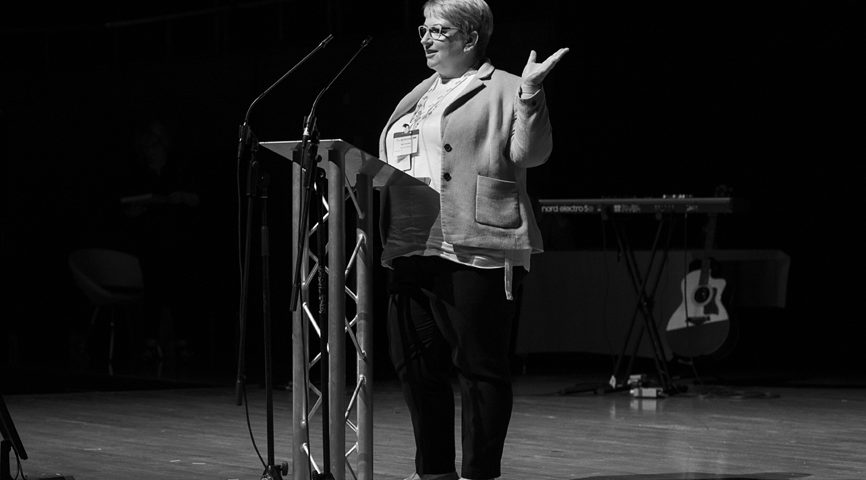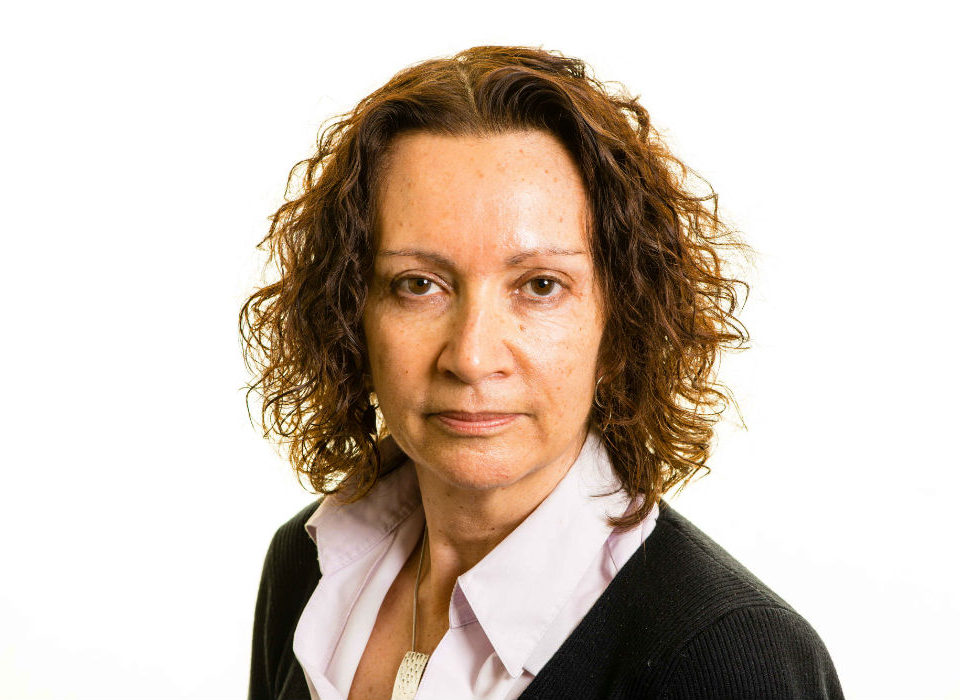
Artsmark: Latest Schools Announced
September 18, 2018
Welcome to Sue Langfeld, Director of Finance and Operations
October 2, 2018Curious Minds Chief Executive, Derri Burdon has joined over forty other civil society leaders in signing up to eight principles to address the UK’s diversity deficit in charity leadership.
The Association of Chief Executives of Voluntary Organisations (ACEVO) and Institute of Fundraising (IoF) recently published a report that urges charities to prioritise increasing diversity in their workforces in order to prevent groupthink, generate more income, operate more creatively and attract the best talent. From this report, charity leaders were asked to sign up to eight leadership principles to improve inclusion.
The eight principles are to:
- Acknowledge that there is a problem with racial diversity in the charity sector and commit to working to change that.
- Recognise the important role leaders have in creating change by modelling positive behaviour and taking action.
- Learn about racial bias and how it impacts leadership decisions.
- Commit to setting permanent and minimum targets for diversity that reflects the participants, donors, beneficiaries and the population of the area that my charity operates in.
- Commit to action and invest resources, where necessary, in order to improve racial diversity in my charity.
- View staff as the sum of many parts rather than a single entity and recruit to build a diverse group of talented people collectively working towards a shared vision.
- Recruit for potential, not perfection.
- Value lived experience, the ability to draw from one’s lived experience and to bring insights to an organisation that can develop its work.
Curious Minds continues to champion equality and diversity both within and outside the organisation, as it works to improve the lives of all children and young people by increasing opportunities for their active participation in arts and culture.
To read the report click here.




